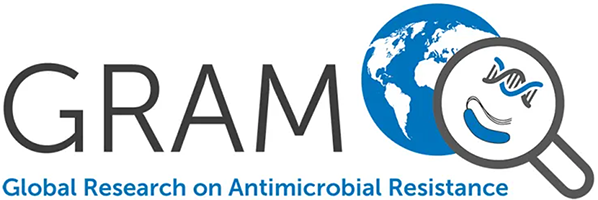Acetaminophen as a Renoprotective Adjunctive Treatment in Patients With Severe and Moderately Severe Falciparum Malaria: A Randomized, Controlled, Open-Label Trial.
Plewes K., Kingston HWF., Ghose A., Wattanakul T., Hassan MMU., Haider MS., Dutta PK., Islam MA., Alam S., Jahangir SM., Zahed ASM., Sattar MA., Chowdhury MAH., Herdman MT., Leopold SJ., Ishioka H., Piera KA., Charunwatthana P., Silamut K., Yeo TW., Lee SJ., Mukaka M., Maude RJ., Turner GDH., Faiz MA., Tarning J., Oates JA., Anstey NM., White NJ., Day NPJ., Hossain MA., Roberts Ii LJ., Dondorp AM.
Background: Acute kidney injury independently predicts mortality in falciparum malaria. It is unknown whether acetaminophen's capacity to inhibit plasma hemoglobin-mediated oxidation is renoprotective in severe malaria. Methods: This phase 2, open-label, randomized controlled trial conducted at two hospitals in Bangladesh assessed effects on renal function, safety, pharmacokinetic (PK) properties and pharmacodynamic (PD) effects of acetaminophen. Febrile patients (>12 years) with severe falciparum malaria were randomly assigned to receive acetaminophen (1 g 6-hourly for 72 hours) or no acetaminophen, in addition to intravenous artesunate. Primary outcome was the proportional change in creatinine after 72 hours stratified by median plasma hemoglobin. Results: Between 2012 and 2014, 62 patients were randomly assigned to receive acetaminophen (n = 31) or no acetaminophen (n = 31). Median (interquartile range) reduction in creatinine after 72 hours was 23% (37% to 18%) in patients assigned to acetaminophen, versus 14% (29% to 0%) in patients assigned to no acetaminophen (P = .043). This difference in reduction was 37% (48% to 22%) versus 14% (30% to -71%) in patients with hemoglobin ≥45000 ng/mL (P = .010). The proportion with progressing kidney injury was higher among controls (subdistribution hazard ratio, 3.0; 95% confidence interval, 1.1 to 8.5; P = .034). PK-PD analyses showed that higher exposure to acetaminophen increased the probability of creatinine improvement. No patient fulfilled Hy's law for hepatotoxicity. Conclusions: In this proof-of-principle study, acetaminophen showed renoprotection without evidence of safety concerns in patients with severe falciparum malaria, particularly in those with prominent intravascular hemolysis. Clinical Trials Registration: NCT01641289.

